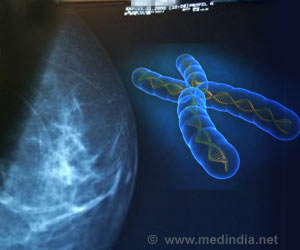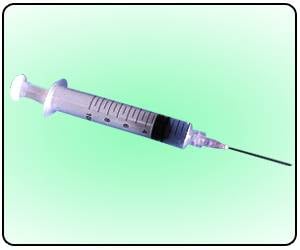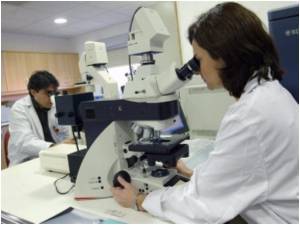Cancer cells often have a non-functioning or malfunctioning biological clock.

TOP INSIGHT
Directly targeting the biological clock in a cancerous tumor has an impact on its development, revealed a new study.
"There were indications suggesting that the malfunctioning clock contributed to rapid tumor growth, but this had never been demonstrated. Thanks to the use of a chemical or a thermic treatment, we succeeded in 'repairing' these cells' clock and restoring it to its normal functioning. In these conditions, tumor growth drops nearly in half", explains Cermakian, who is also Director of the Laboratory of Molecular Chronobiology at the Douglas Mental Health University Institute, one of the research centers of the CIUSSS de l'Ouest-de-l'Île-de-Montréal.
Although this preclinical demonstration was done on mice, this important discovery provides a glimpse of potential new ways to treat cancer in humans.
"Activating the biological clock in tumors could become an innovative approach in slowing their growth or that of metastases. This would give people more time to use more conventional treatment modalities, such as surgery or chemotherapy", says Cermakian. "It now remains to be shown that we can target the clocks in human tumors the same way."
For this study, Silke Kiessling, a postdoctoral fellow on Nicolas Cermakian's team, successfully adjusted the gears of the internal clocks in two types of cancer cells - skin and colon - to make them function properly. This repair, which was tested in mice and tissue cultures, slowed cancerous tumor growth. After about a week, the tumor treated in this manner was two-thirds smaller than the control tumor.
Source-Eurekalert
 MEDINDIA
MEDINDIA




 Email
Email










